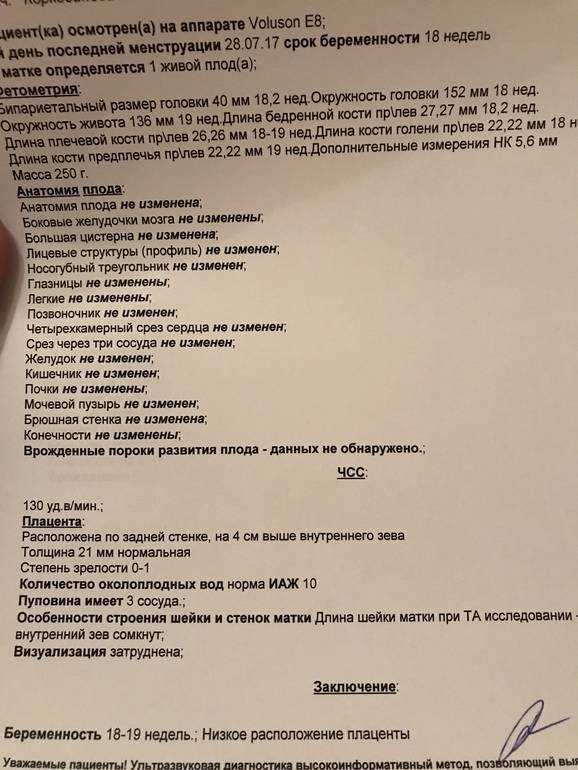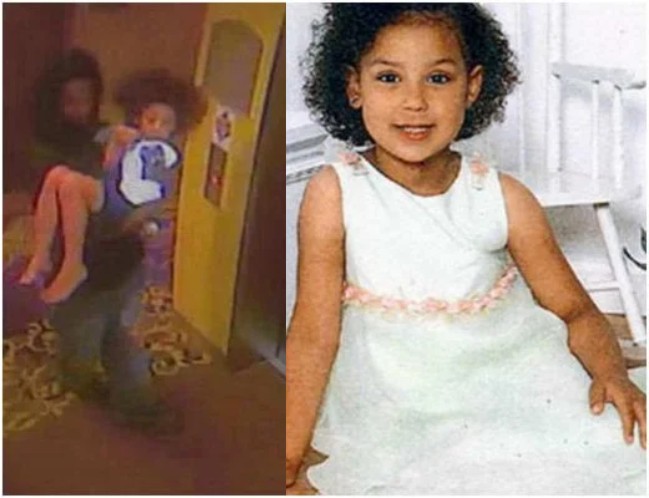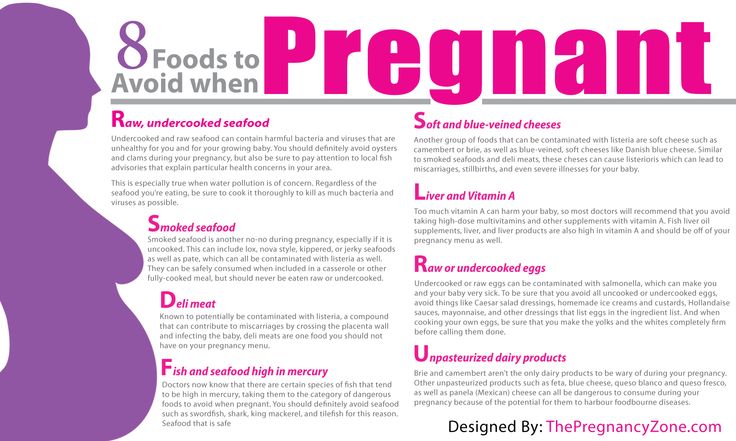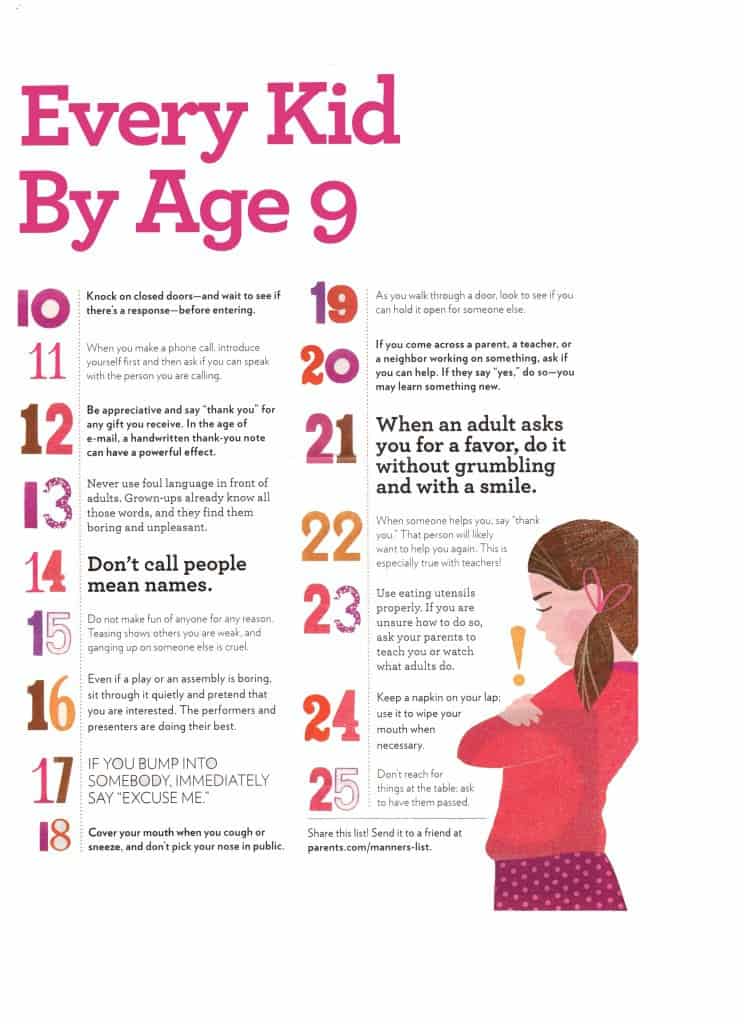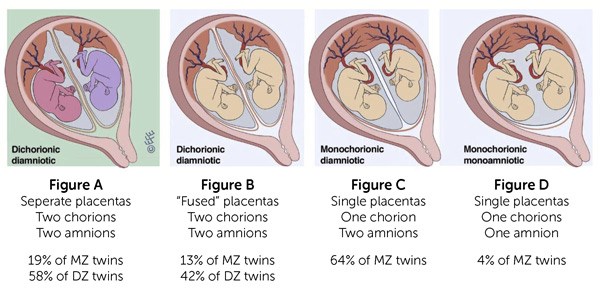My baby at 13 weeks pregnancy
13 Weeks Pregnant | Pregnancy
You are now a 3rd of the way through your pregnancy and you're hopefully through the worst of your symptoms.
What's happening in my body?
A small baby bump may now be visible as your uterus (womb) grows upwards and outwards. If you've been feeling the urge to pee more often, that should stop as the womb moves away from your bladder.
Meanwhile, there's a lot more blood pumping around your pelvic area and some women find that it increases their sex drive. It could also make you feel more thirsty, so drink lots of fluids.
Sex during pregnancy is perfectly safe, unless your midwife or doctor has advised you otherwise.
Infection alert
There are ways you can protect yourself and the baby from many harmful viruses and bacteria:
- Try to avoid contact with anyone who has chickenpox or rubella – talk to your doctor or midwife straight away if you think you could be infected.
- If you have a cat, get someone else to empty the cat litter tray, as the faeces could contain a bug called toxoplasma gondii.
This can cause an infection called toxoplasmosis that could damage your unborn baby.
- You can also get toxoplasmosis from certain foods. Foods to avoid during pregnancy include undercooked meats, cured meats like salami, and unpasteurised goats' milk and cheese.
- Seek advice before travelling to any area affected by the Zika virus, as the virus can cause birth defects.
Read more about infections in pregnancy on the NHS website.
Coronavirus (COVID-19)
You and your family should follow the government and NHS guidance on coronavirus (COVID-19):
- read government guidance on how to stay safe from COVID-19
- get NHS advice about COVID-19
- use the NHS COVID-19 app for England and Wales - it's the fastest way of knowing when you've been exposed to COVID-19
Teeth troubles
Swollen, painful and bleeding gums are common during pregnancy. Read about keeping teeth and gums healthy in pregnancy on the NHS website.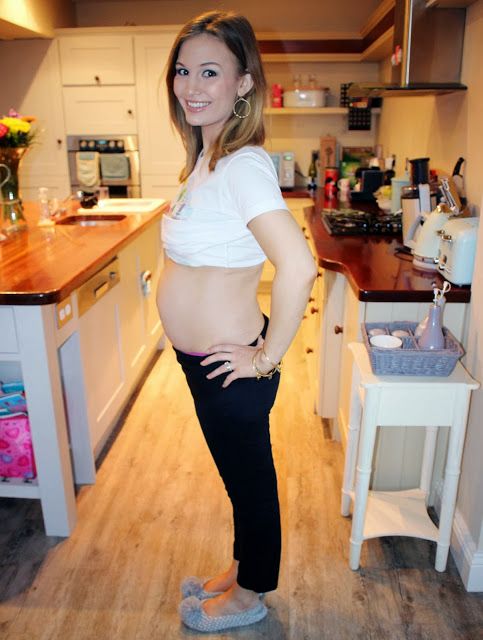
You are entitled to free NHS dental care during pregnancy and for a year after your baby is born. Ask your doctor or midwife for a maternity exemption certificate.
You already know the basics – clean your teeth twice a day, avoid sugary snacks and drinks, and don't smoke as it can make gum disease worse. But did you also know that:
- a soft toothbrush is best for sensitive gums
- you should brush in gentle circles, up and down
- if you're sick, protect your teeth by rinsing your mouth out with water, to flush away harmful acid in your vomit
- you should stick to alcohol-free mouthwashes to reduce plaque
2nd trimester pregnancy symptoms (at 13 weeks)
Your signs of pregnancy could include:
- swollen and bleeding gums
- pains on the side of your belly caused by your expanding womb (known as "round ligament pains")
- headaches
- nosebleeds
- bloating (read ways to cope with bloating on week 10's page)
- constipation (read about how to treat constipation on week 16's page)
- indigestion and heartburn (read ways to cope with indigestion and heartburn on week 25's page)
- sore breasts
- leg cramps
- feeling hot
- dizziness
- swollen hands and feet
- urine infections
- vaginal infection (read about how to treat vaginal infections on week 15's page)
- darkened skin on your face or brown patches – this is known as chloasma or the "mask of pregnancy"
- greasier, spotty skin
- thicker and shinier hair
You may also still experience symptoms from earlier weeks, including:
- morning sickness
- unusual pregnancy cravings
- heightened sense of smell
- mood swings
- white milky pregnancy discharge from your vagina
- light spotting (seek medical advice for any bleeding)
Read Tommy's guide to common pregnancy symptoms.
What does my baby look like?
Your baby, or foetus, is around 7.4cm long, which is about the size of a peach. The weight is about 25g, which is as heavy as a toothbrush with toothpaste on it.
Your baby's ovaries or testes are fully developed inside and final tweaks are being made on the outside. The baby is moving around. At first the movements are very jerky and random but then they start to look more deliberate.
You may not feel any movement until around week 17. Some babies suck their thumb in the womb. This actually serves a purpose as it helps to develop their sucking reflex. They'll need this when it comes to feeding.
Action stations
Many women will tell their employer after they've had their first pregnancy scan at around 12 weeks. Once you tell your employer, you have maternity rights and can attend antenatal appointments during paid work time. You can also ask for a risk assessment of your workplace to ensure that you're working in a safe environment.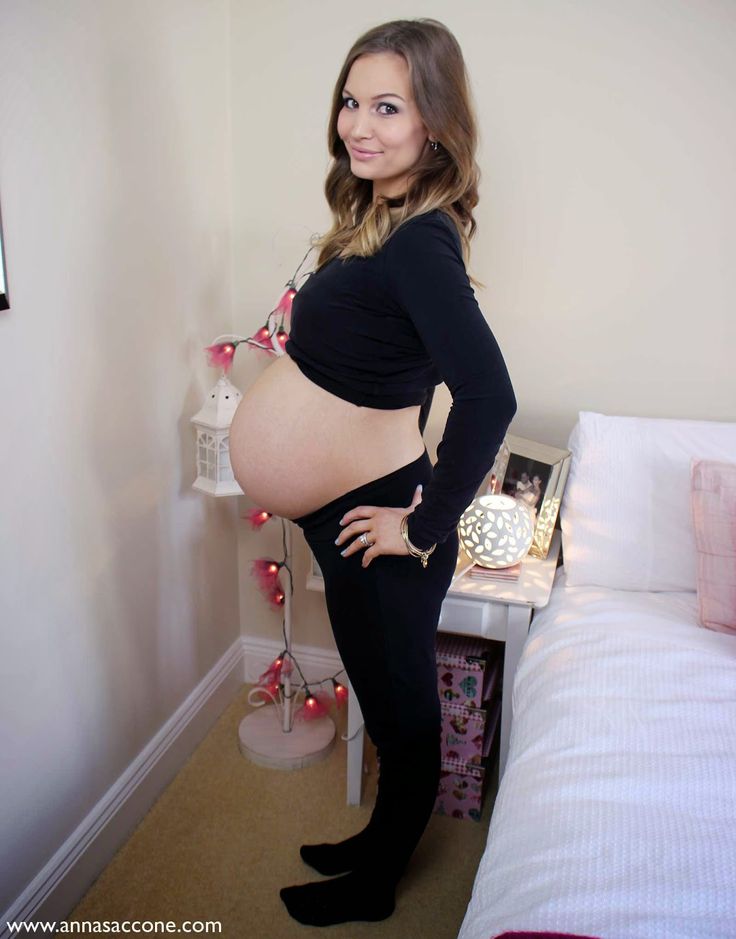
It's a good time to tone up your pelvic floor muscles. Gentle exercises can help to prevent leakage when you laugh, sneeze or cough. Get the muscles going by pretending that you're having a pee and then stopping midflow. Visit Tommy's for more information on pelvic floor exercises.
Ask your midwife or doctor about online antenatal classes – they may be able to recommend one. The charity Tommy's has lots of useful information on antenatal classes and preparing you for birth.
Even if you've had children before, antenatal classes are still worth going to as you can meet other parents-to-be. The NCT offers online antenatal classes with small groups of people that live locally to you.
To keep bones and muscles healthy, we need vitamin D. From late March/early April to the end of September, most people make enough vitamin D from sunlight on their skin. However, between October and early March, you should consider taking a daily vitamin D supplement because we cannot make enough from sunlight.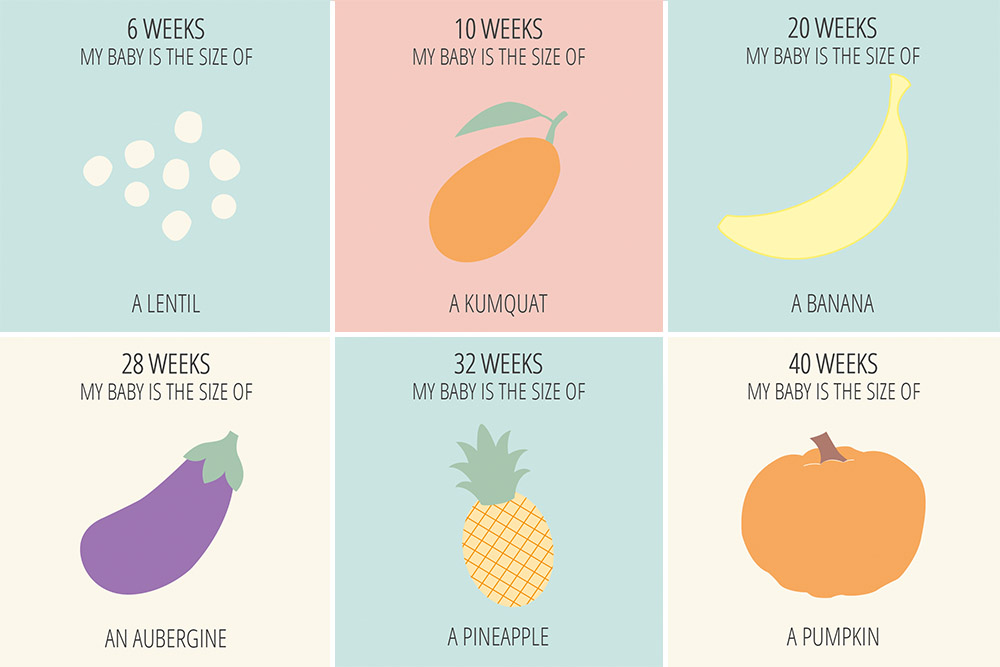
Some people should take a vitamin D supplement all year round, find out if this applies to you on the NHS website. You just need 10 micrograms (it's the same for grown-ups and kids). Check if you're entitled to free vitamins.
It's recommended that you do 150 minutes of exercise a week while pregnant. You could start off with just 10 minutes of daily exercise - perhaps take a brisk walk outside. Check out Sport England's #StayInWorkOut online exercises (scroll to the pregnancy section). Listen to your body and do what feels right for you.
There's no need to eat for 2. You don't need any extra calories until the 3rd trimester, which starts in week 28. Try to eat healthily, with plenty of fresh fruit and veg, and avoid processed, fatty and salty foods. You may be able to get free milk, fruit and veg through the Healthy Start scheme.
You and your family should follow the government and NHS guidance on coronavirus (COVID-19):
To find out about about COVID-19 and pregnancy, childbirth and breastfeeding, have a look at advice on the:
13 Weeks Pregnant: Symptoms, Belly, Cramping & More
- Community
- Getting Pregnant
- Pregnancy
- Baby names
- Baby
- Toddler
- Child
- Health
- Family
- Courses
- Registry Builder
- Baby Products
Advertisement
1214
Highlights this week
Fading first-trimester symptoms
As you cruise into the second trimester, you may get some relief from early pregnancy symptoms such as tender breasts, fatigue, food aversions, morning sickness, and the constant need to pee.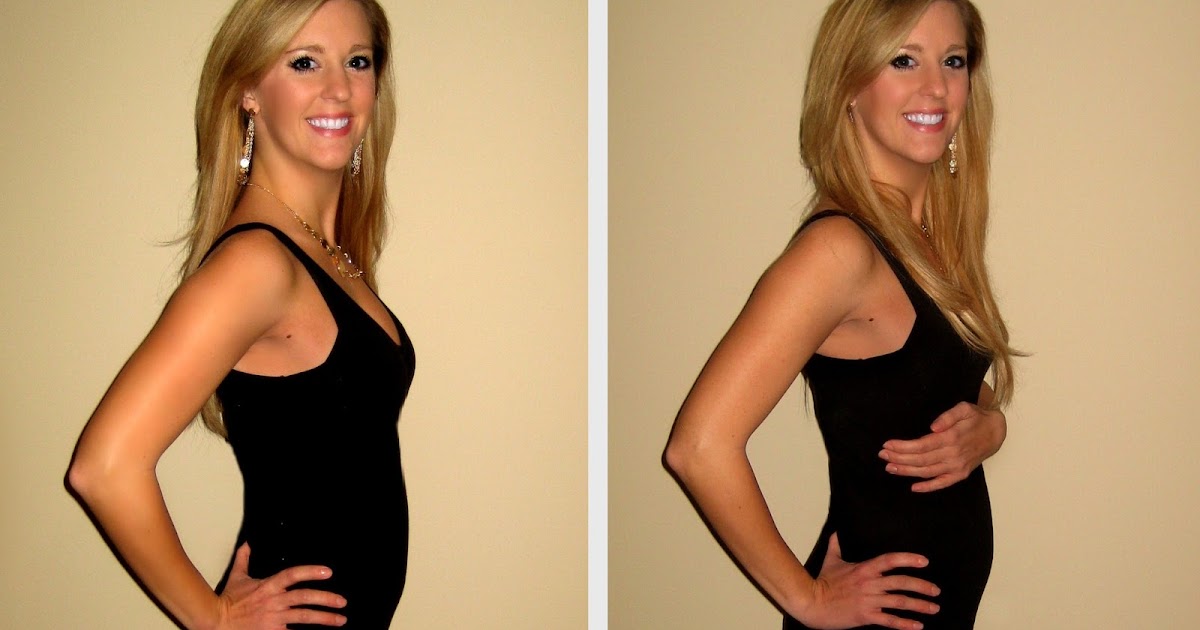
Breastfeeding prep
You can't feel it, but your breasts may have already started making colostrum, the nutrient-rich fluid that feeds your baby for the first few days after birth, before your milk starts to flow. Later in pregnancy, your breasts may leak a little colostrum.
Making a baby registry
Our Registry Builder will help you keep all your baby registries organized, and there's only one link to send friends and family.
Baby development at 13 weeks
Your baby can pee!
Your baby has started swallowing amniotic fluid and excreting urine, recycling the full volume of fluid every few hours.
Making meconium
As your baby swallows amniotic fluid, they also produce meconium. This black, sticky substance accumulates in the bowels, and becomes your newborn's first poop.
Teeth and bones
Bones are beginning to harden in your baby's skeleton, especially longer bones and the skull. Your baby's teeth and bones are becoming denser.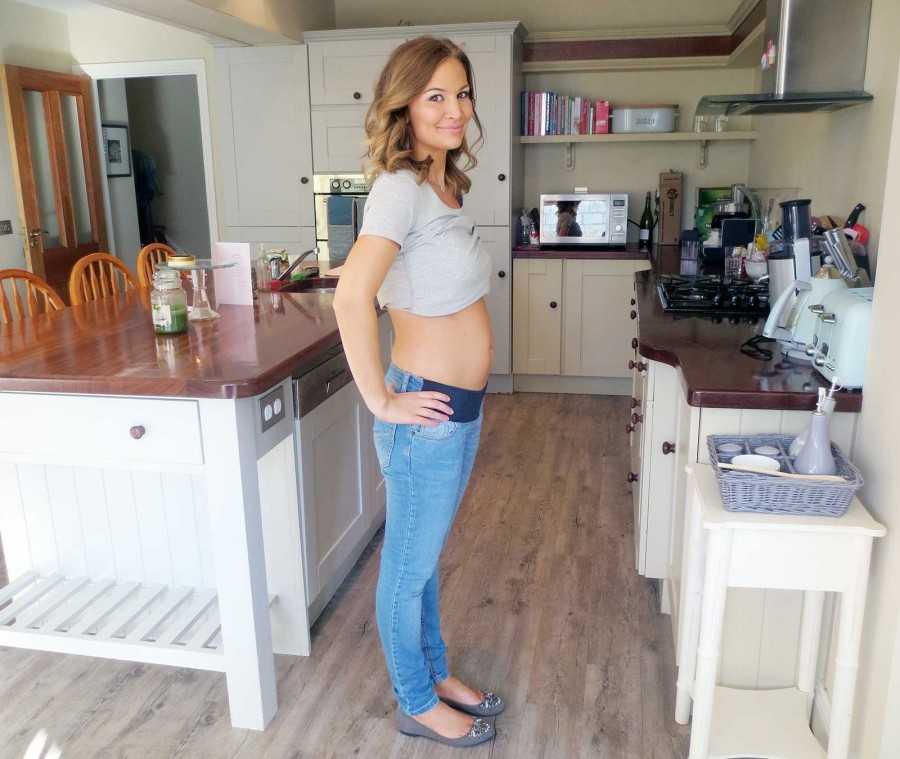
Your baby at 13 weeks
Tap the plus for more details
Your baby is about the size of a peapod
length
2.64
inches
head to bottom
weight
2.58
ounces
Pregnancy symptoms during week 13
Cramping
Occasional cramping during pregnancy is common. It could be caused by anything from gas and bloating to round ligament pain. Sometimes a little movement, a hot bath or shower, drinking more fluids, or lying down can do the trick to ease abdominal pain. But in some cases cramping can signal a problem. Call your doctor or midwife if your cramping doesn't go away after several minutes of rest, the cramping or pain is severe, you have pain or unusual sensitivity in your upper abdomen, or you have other symptoms such as fever or dizziness.
Returning appetite
If you've suffered from morning sickness and food aversions until now, you may get some welcome relief in the next few weeks as you enter the second trimester.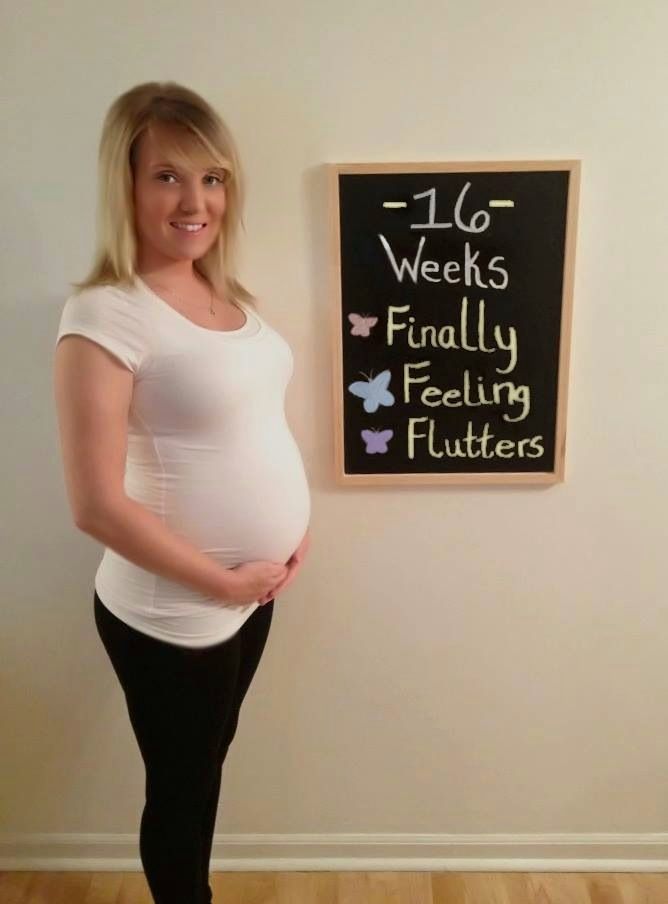 As your appetite returns, food cravings may pop up. Some experts think that cravings for certain foods are linked to a woman's nutritional needs, but many think that pregnancy cravings can't be explained that easily.
As your appetite returns, food cravings may pop up. Some experts think that cravings for certain foods are linked to a woman's nutritional needs, but many think that pregnancy cravings can't be explained that easily.
Stuffy nose
Are you congested lately? Nearly one-third of pregnant women get a stuffy nose due to hormones and increased blood volume. However, if you have a fever, coughing, sore throat, or swollen glands, it's probably a cold or another infection. Find out which cold medicines are safe when you're expecting, and eat foods high in vitamin C to keep your immune system strong.
Visible veins
Because your body produces 30 to 50 percent more blood during pregnancy, your veins enlarge and are more visible. You may start seeing blue, prominent veins across your chest, breasts, and belly. You may also develop varicose veins in your legs and lower body as your uterus grows. Happily, these usually disappear or improve after you have your baby.
Vaginal discharge
It's totally normal to have more vaginal discharge during pregnancy: It's because of higher levels of estrogen. If your discharge is odorless or mild-smelling and milky white, there's no need for concern. But call your healthcare provider if you have discharge that's gray, yellow, or green; causes pain or itching; or seems unusual in any other way. This could be a sign of infection or another problem.
If your discharge is odorless or mild-smelling and milky white, there's no need for concern. But call your healthcare provider if you have discharge that's gray, yellow, or green; causes pain or itching; or seems unusual in any other way. This could be a sign of infection or another problem.
Heartburn
Hormonal and physical changes during pregnancy can lead to heartburn (also called acid indigestion or acid reflux). It's an unpleasant burning sensation between your lower throat and the bottom of your breast bone. If you're having heartburn, avoid spicy and acidic foods. Try eating smaller meals, eating slowly, and chewing gum after eating to neutralize your stomach acids. If that doesn't help, ask your provider about pregnancy-safe heartburn medicines.
Don't see your symptom?
Wondering about a symptom you have? Find it on our pregnancy symptoms page.
Your body at 13 weeks
Tap the plus for more details
Pregnancy checklist at 13 weeks pregnant
Get ready for more prenatal visits
During the second trimester, you'll typically see your doctor or midwife once every four weeks. Find out what will happen at second trimester prenatal appointments.
Find out what will happen at second trimester prenatal appointments.
Stock up on healthy pregnancy foods
During pregnancy, good nutrition is more important than ever. But it can be hard to eat well when you're dealing with nausea, food aversions, heartburn, or indigestion. Do your best to incorporate these healthy pregnancy snacks and pregnancy superfoods into your diet. During pregnancy you need lots of protein and healthy fats, and more of certain vitamins and minerals (such as folic acid, iron, and calcium). See our list of the pregnancy nutrients you need.
Learn about pregnancy complications
It's good to know the signs of common pregnancy complications just in case. Your healthcare provider will monitor you for these conditions (such as gestational diabetes and preeclampsia) throughout your pregnancy. But it's helpful if you're aware of the warning signs of these and other complications.
Try sleeping on your side
Experts say the best pregnancy sleeping position is on your side, especially as you get closer to mid-pregnancy.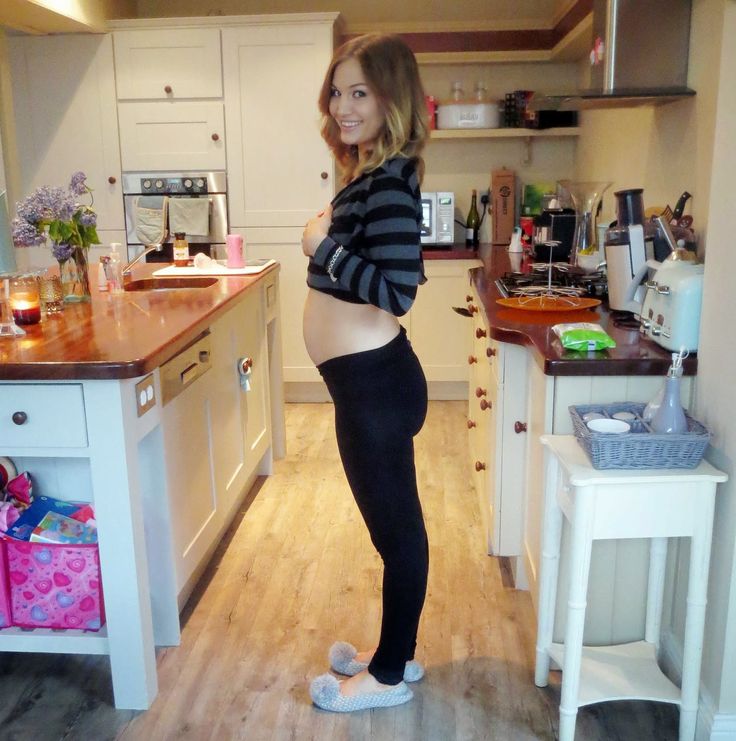 Side-sleeping puts the least pressure on your veins and internal organs. This ensures the best blood flow to the uterus, which means your baby will get maximum nutrients and oxygen. Good circulation also helps you avoid swelling, varicose veins in your legs, and hemorrhoids. If side-sleeping isn't your thing, don't give up until you've tried a pregnancy pillow – the right one can make a major difference in your sleep comfort.
Side-sleeping puts the least pressure on your veins and internal organs. This ensures the best blood flow to the uterus, which means your baby will get maximum nutrients and oxygen. Good circulation also helps you avoid swelling, varicose veins in your legs, and hemorrhoids. If side-sleeping isn't your thing, don't give up until you've tried a pregnancy pillow – the right one can make a major difference in your sleep comfort.
Have sex if you feel up to it
In most cases, sex during pregnancy is totally safe. Many women find their libido plummets in the first trimester thanks to exhaustion and nausea. But for many, sex drive returns in the second trimester. Some good news: Because of increased blood flow, sex during pregnancy may feel better than ever. And having sex during pregnancy won't hurt your baby. They're protected by your uterus and a layer of muscles, and are safely cushioned by the surrounding amniotic fluid. The mucus plug inside your cervix helps guard against infection.
Save money on maternity clothes
You may be excited about shopping for maternity clothes, or you may be dreading spending money on a new wardrobe you'll only wear for a limited time. Luckily, there are lots of options for finding affordable maternity clothes. You can search for used maternity clothes online or at secondhand and consignment shops. Clothing swap groups on social media (or in person) are another good way to find cute maternity clothes without breaking the bank.
13 weeks pregnant bellies
You're one-third of the way (or more) through your pregnancy at the end of this week! Though pregnancy is different for everyone, you're probably happy to say goodbye to the first trimester and hello to the second. Now's the time when you may start getting more energy, feeling more like yourself, and looking more visibly pregnant. The top of your uterus is moving up and out of your pelvis, making your bump more noticeable to anyone who's looking closely.
This week's video
Marcella Gates
Marcella Gates is executive editor at BabyCenter, the world's number one digital parenting resource, and is an expert on pregnancy and parenting.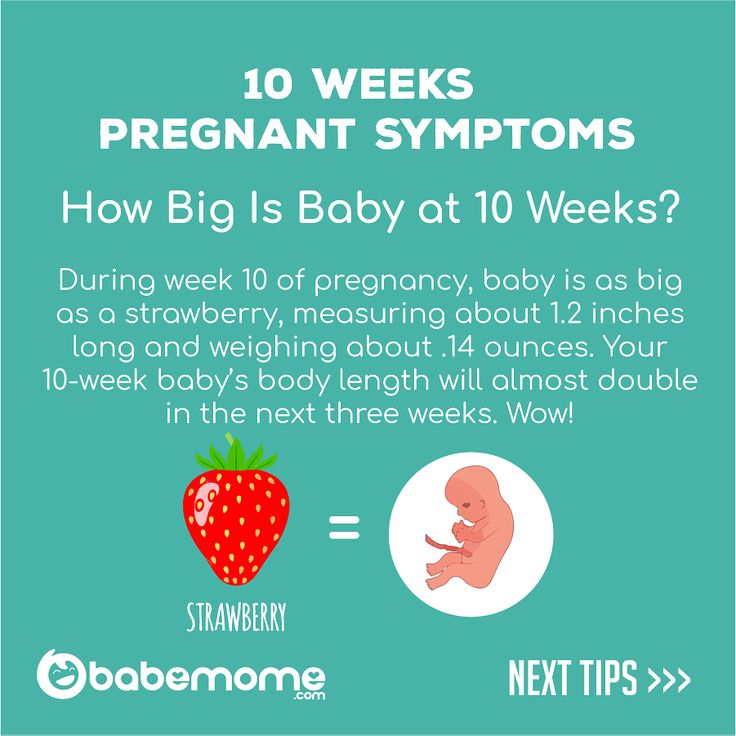 As a mom of three, she loves that her professional life is focused on supporting and empowering parents and expecting parents. Gates lives in the San Francisco Bay Area with her family.
As a mom of three, she loves that her professional life is focused on supporting and empowering parents and expecting parents. Gates lives in the San Francisco Bay Area with her family.
Advertisement | page continues below
12 weeks 14 weeks
13-16 weeks of pregnancy
Thirteenth week for a baby
The beginning of the week is characterized by a fetus length of 6-7 cm, and by its completion it already reaches 10 cm, the weight of the unborn child at the moment is 20-30 grams.
This week marks the start of the second trimester of pregnancy. The fetus grows intensively, its legs and arms lengthen. There is also a change in the proportions of the body, the head no longer looks as big as it used to be. The future baby already knows how to reach his mouth with his finger and sucks it, which is often seen by specialists during ultrasound diagnostics. Thus, the sucking reflex, which is so important for the baby in the first time after birth, finds its manifestation.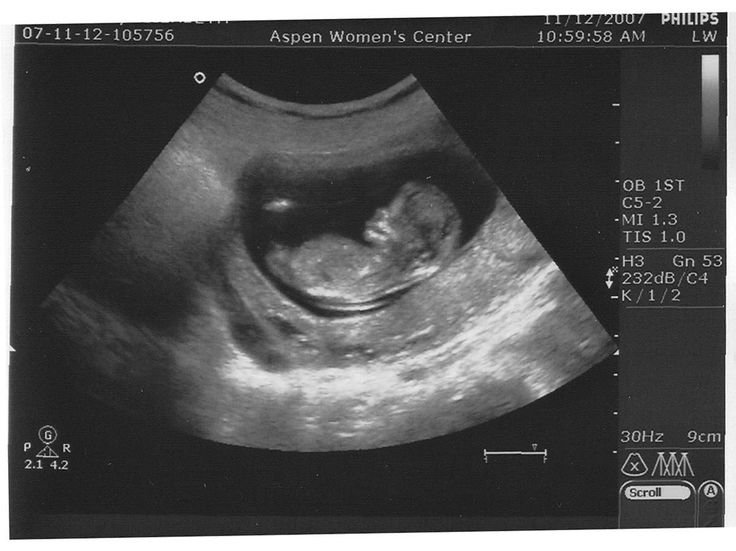
Intense muscle growth occurs, especially in the legs. The future baby becomes more active, his movements are now smoother. At this time, the woman is not able to feel the child, because he, being in the uterus, floats freely and does not actually come into contact with its walls. In the fetus at this stage, the formation of the rudiments of all milk teeth ends. The rudiments are located in the mucosa of both jaws.
The gastrointestinal tract is also in the stage of active growth and development. Fitting into loops, the intestine completely fills the abdominal cavity. On the inner surface of the intestine, its mucous membrane, villi are formed, which should cover the entire internal area. These villi after birth will help the baby absorb all the nutrients from the food in the intestinal cavity. The wave-like movements that the fetal intestine makes help it push through the amniotic fluid, which the unborn baby constantly swallows. These waters do not contain useful substances, they only help the intestines to train and form the necessary muscular system.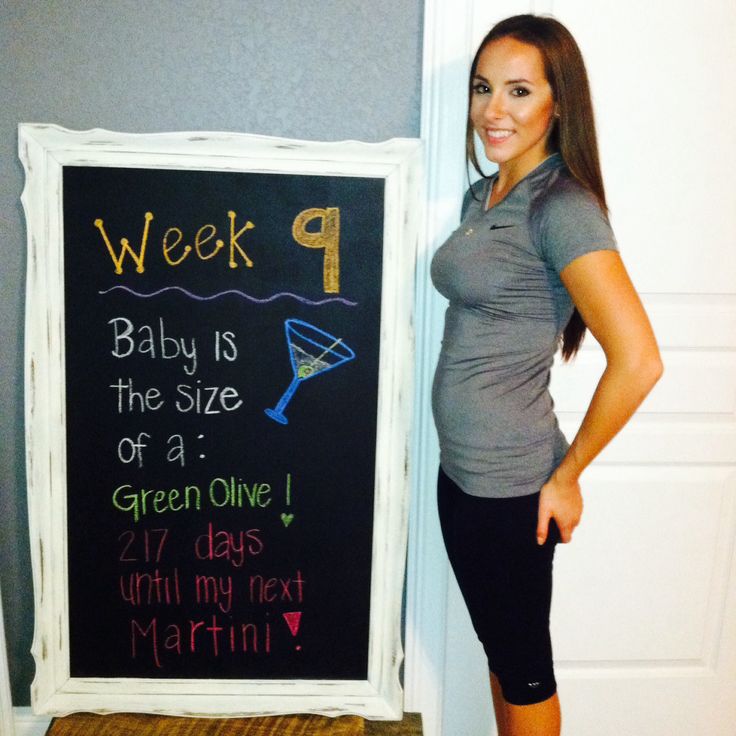
The thirteenth week for the expectant mother
A woman at the thirteenth week begins to feel much better, she finally manages to feel only positive emotions associated with the expectation of the baby. Malaise, toxicosis and the desire to sleep remain in the past. The emotional background also undergoes changes. A woman becomes calmer and more peaceful, frequent mood swings and irritability also remain in the past. This is due to the end of critical periods of pregnancy and a more stable hormonal background.
For most expectant mothers, this period is associated with a change in the shape of the abdomen. Such changes are not yet noticeable to others, but the woman herself clearly sees the roundness that has arisen, feels discomfort when wearing ordinary things. It's time to pay attention to the selection of special clothes that can create comfortable conditions for a woman and a future baby.
Fourteenth week for the baby
At this stage, the weight of the fetus is 40-45 grams, its length is 13 cm.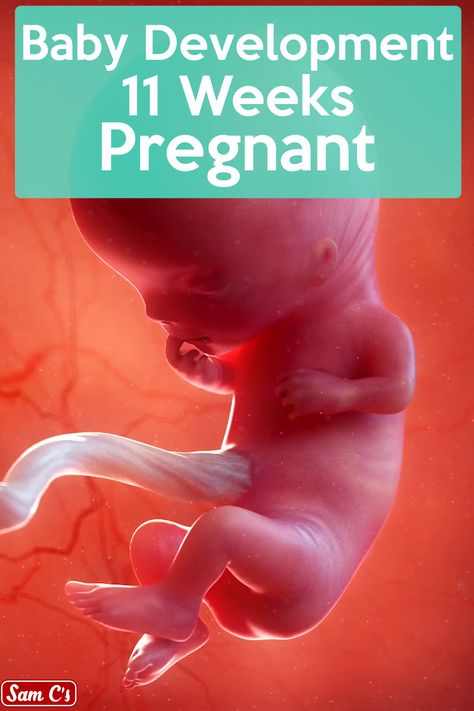
The distinct formation of the face leads to a change in the appearance of the fetus. The bridge of the nose becomes more pronounced, the eyebrows are outlined, the cheeks are rounded. The child moves, he feels himself on the tummy and cheeks, holds on to the umbilical cord. The embryonic fluff, which covers the entire body, is tightly attached to the skin of the fetus. This gun has a protective function - it retains a special lubricant that will allow the baby to easily pass through the birth canal during the birth process. Over time, the almost transparent birth fluff will be replaced by thicker hairs.
Important processes take place in the respiratory organs of the fetus precisely at the fourteenth week. Also, muscle tissues develop not only of the motor system, but also of the respiratory system. The fetus begins to imitate breathing with its movements. Such training is of great importance for the future baby, since he must take his first breath immediately after birth.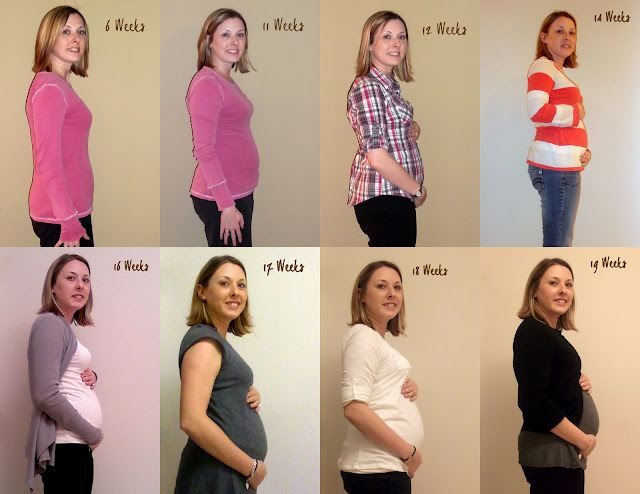 His respiratory organs, under the influence of signals from the brain, should open up and begin to fully function. At this time, there is a partial opening of the glottis, so amniotic fluid penetrates into the respiratory organs on inspiration. Then there is an intense exhalation, and they are pushed out of the body of the unborn child. Rinsing with amniotic fluid of the lung tissues contributes to their proper maturation.
His respiratory organs, under the influence of signals from the brain, should open up and begin to fully function. At this time, there is a partial opening of the glottis, so amniotic fluid penetrates into the respiratory organs on inspiration. Then there is an intense exhalation, and they are pushed out of the body of the unborn child. Rinsing with amniotic fluid of the lung tissues contributes to their proper maturation.
There are changes in the structure of the genital organs. In boys, the intensive formation of the prostate begins, in girls, the ovaries move to the pelvic area, which were previously located in the abdominal cavity. There is a differentiation of the external genitalia, but when examining ultrasound at this stage, it is not always possible to establish the sex of the unborn child.
The organs of the endocrine system also develop. An important event is the start of the pancreas. Insulin, an important hormone that regulates glucose levels in the body, also begins to be produced. This week, the pituitary gland begins to function, regulating the work of all the glands of the body, responsible for their coherence, interaction, as well as the process of growth of the fetus and child in the future. The pituitary gland is located in the most protected part - surrounded by the bones of the skull, in the thickness of the brain.
This week, the pituitary gland begins to function, regulating the work of all the glands of the body, responsible for their coherence, interaction, as well as the process of growth of the fetus and child in the future. The pituitary gland is located in the most protected part - surrounded by the bones of the skull, in the thickness of the brain.
Fourteenth week for the expectant mother
A woman's uterus grows intensively, it becomes possible to independently palpate through the anterior abdominal wall its uppermost part - the bottom, which will be 10-15 cm above the pubis. It's time for a woman to purchase special care products that will help nourish her skin and make her able to calmly endure the upcoming changes.
Stretch marks on the skin, which occur in many women, are the result of microcracks, i.e. ruptures of connective fibers. The elasticity and firmness of the skin are significantly reduced, so even a small increase in weight can cause microcracks. There is a redistribution of subcutaneous fat, swelling may occur, so special care is simply necessary. Creams, lotions and other products for pregnant women are characterized by nutritionally safe formulations, they will help the skin restore elasticity and firmness, and prevent the appearance of stretch marks. Even if striae occur due to excessive weight gain, their number will be minimal.
Creams, lotions and other products for pregnant women are characterized by nutritionally safe formulations, they will help the skin restore elasticity and firmness, and prevent the appearance of stretch marks. Even if striae occur due to excessive weight gain, their number will be minimal.
Fifteenth week for a baby
At the end of the fifteenth week, the weight of the fetus is already about 50-70 grams, its length is 14-15 cm. The limbs grow, they can outstrip the size of the head due to the intensive development of the bones of the legs and arms. The future baby begins to actively bend his fingers and elbows, a unique skin pattern appears on the palms and fingers, and the process of nail formation begins.
At this stage, the cardiovascular system is being improved. The number of heart beats per minute is twice the mother's and is 140-160. A tiny heart pumps 20 liters of blood per day, contributing to the intensive development of the body. The fetus actively grows veins and arteries, there is a general improvement of the circulatory system. Own systems of veins and arteries are formed in each internal organ - kidneys, lungs, heart, brain, etc. The fetus acquires an unusual red color instead of pink, because it has very thin skin, and the circulatory system, developing, affects its color.
Own systems of veins and arteries are formed in each internal organ - kidneys, lungs, heart, brain, etc. The fetus acquires an unusual red color instead of pink, because it has very thin skin, and the circulatory system, developing, affects its color.
The nervous system at this time is undergoing important stages of formation. The mass of the brain increases, its furrows and convolutions increase. All muscles, internal organs and bones are braided with nerve fibers. A strong and stable connection is being established between the central nervous system and the peripheral one. Impulses begin to flow in both directions: from the brain to the organs and back. An important system of "reverse response" is emerging for the human body.
If until the fifteenth week red blood cells (erythrocytes) were produced by the gall sac and liver, then after this stage, this function begins to be performed by the red bone marrow located inside the bones.
It is already possible to determine the blood type and Rh factor of the unborn baby.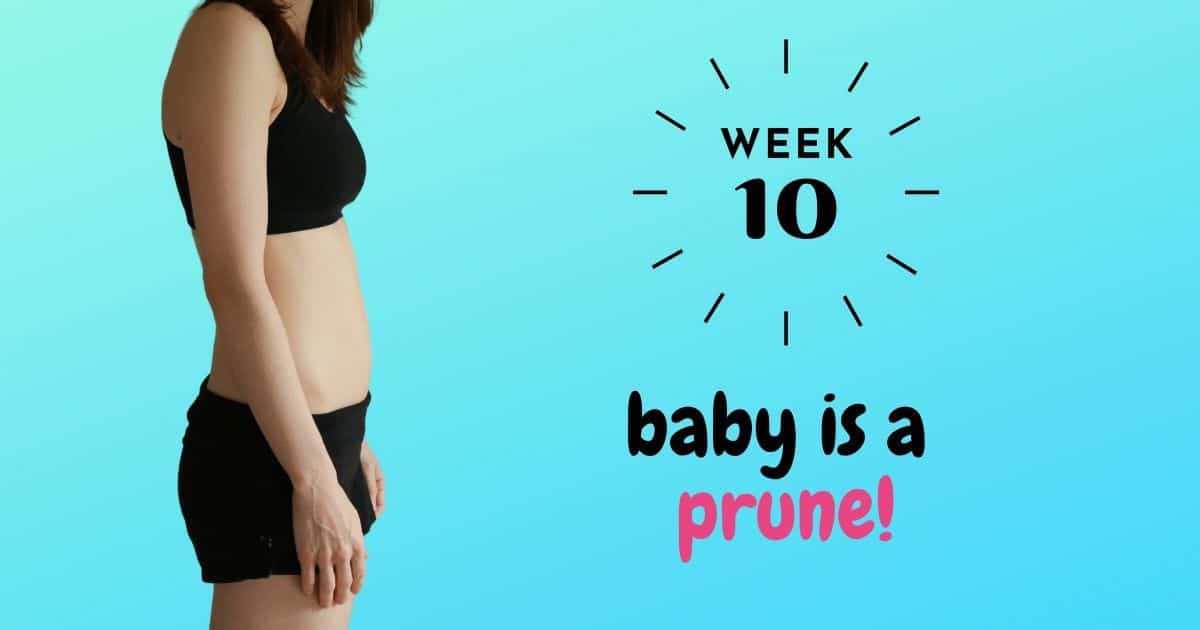 The laying of the group and Rhesus occurs at the time of conception of the baby, but this information is realized only at the fifteenth week. There is a formation of special antigen proteins that appear on the surface of erythrocytes.
The laying of the group and Rhesus occurs at the time of conception of the baby, but this information is realized only at the fifteenth week. There is a formation of special antigen proteins that appear on the surface of erythrocytes.
Fifteenth week for a future mother
A woman's belly grows quite smoothly, it increases gradually and does not cause discomfort in everyday life. The bottom of the uterus is already palpable through the anterior abdominal cavity at a height of 15-20 cm from the pubis.
Intensive production of melanin pigment occurs in the body, which is deposited in the skin. This process is caused by a hormonal background and causes the appearance of age spots on the surface of the skin, which can form in completely different places. Often a dark stripe appears on the abdomen, which has a brown tint and goes from the navel to the pubis. Rarely, the cause of increased melanin synthesis is a lack of vitamins in the body.
Brown spots should appear without any sensation.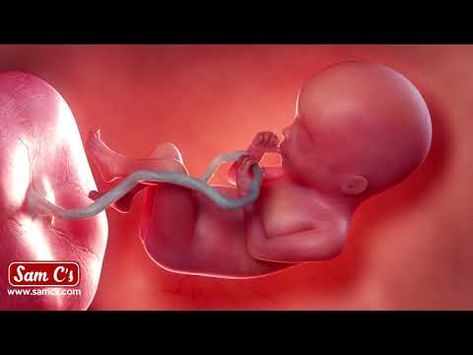 If their occurrence is accompanied by swelling, redness or discomfort, you should see a doctor. Such reactions may be the result of allergies or dermatosis of pregnant women - a common skin disease. Pigment spots can have a different shade - from light beige to dark brown. Almost always, such manifestations after the appearance of the baby disappear on their own. The use of whitening creams during pregnancy is possible only after consulting a doctor, because they may be unsafe for the fetus.
If their occurrence is accompanied by swelling, redness or discomfort, you should see a doctor. Such reactions may be the result of allergies or dermatosis of pregnant women - a common skin disease. Pigment spots can have a different shade - from light beige to dark brown. Almost always, such manifestations after the appearance of the baby disappear on their own. The use of whitening creams during pregnancy is possible only after consulting a doctor, because they may be unsafe for the fetus.
The sixteenth week for the baby
The formation of mimic muscles in the fetus takes place, he begins to develop them, which is expressed in the frown, opening and closing of the mouth. The fetus gets the opportunity to open its eyes for the first time, which up to this point were tightly closed for centuries, it begins to learn to blink. In place of eyelashes and eyebrows, you can see thin fluffy hairs. If the auricles before this stage were located in the wrong place, closer to the neck, now they are already placed as in an adult. Although there is a pronounced reaction of the fetus to loud sounds, at this stage, his middle ear is not yet able to hear. The reaction is due to such a way of perception as bone conduction. It turns out that the fetus hears through the dense parts of the body (bones).
Although there is a pronounced reaction of the fetus to loud sounds, at this stage, his middle ear is not yet able to hear. The reaction is due to such a way of perception as bone conduction. It turns out that the fetus hears through the dense parts of the body (bones).
The process of formation of all joints and bones has already been completed in the future baby. The process of ossification, i.e., compaction of bone tissue, will continue not only during the entire remaining period, but also after birth, almost until puberty.
With an ultrasound examination, it is already possible to reliably determine the sex of the child, since his external genitalia are fully formed. It is at this time or a little later (depending on the time of the appointed diagnosis) that the mother gets the opportunity to find out who will be born to her.
Kidneys work intensively in the fetus. Now they begin to perform a partially excretory function, slightly reducing the load that lies on the placenta.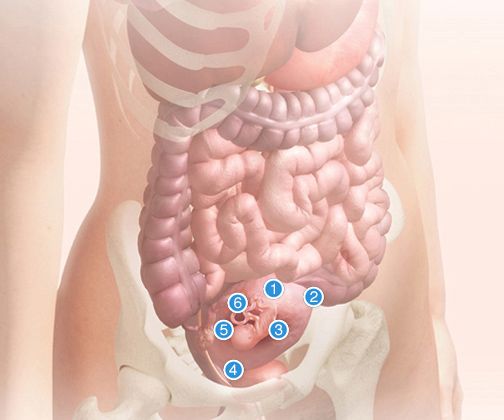 The urinary canal is formed, the fetus swallows 300-500 mm of amniotic fluid daily, they pass through its intestines and are excreted by the kidneys. Urination is performed in small portions every hour, urine enters the amniotic fluid.
The urinary canal is formed, the fetus swallows 300-500 mm of amniotic fluid daily, they pass through its intestines and are excreted by the kidneys. Urination is performed in small portions every hour, urine enters the amniotic fluid.
Sixteenth week for the expectant mother
At this stage, the woman feels a significant improvement in well-being. Gradual weight gain begins, appetite normalizes. The norm at the moment is a set of 2.5-3 kg.
At the moment there is an active growth of the future baby, and a significant accumulation of amniotic fluid. Both of these factors affect the growth of the abdomen, its increasing volumes do not yet cause discomfort. However, it is time to make changes in your habits, for example, change the position of the body during sleep. Sleeping on your back is just as unindicated as sleeping on your stomach. When sleeping on the back, the uterus can put pressure on large veins, which will cause a violation of the outflow of blood, provoke the occurrence of swelling, convulsions and varicose veins.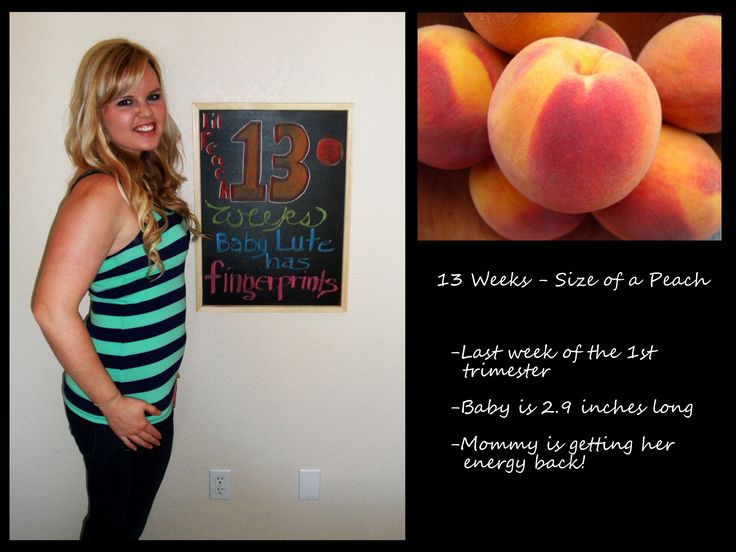 The most comfortable position for sleeping is the position on the side, in which both the unborn child and the mother will feel as comfortable as possible.
The most comfortable position for sleeping is the position on the side, in which both the unborn child and the mother will feel as comfortable as possible.
13th week of pregnancy what happens to the fetus
The first trimester, which was troublesome for the mother, is over, early toxicosis is over, the psychological background is gradually improving. The 13th week of pregnancy marks the beginning of the second trimester. There is still a lot of time before the birth of a child, which means that a woman can fully enjoy her condition and calmly watch how the baby grows and develops in her. This is the time for new experiences and sensations.
Fetal development at 13 weeks
The beginning of the second trimester is the active growth of the baby. By this period, the length of his body is 7 cm, and the child already weighs 25-28 g. This is already an almost full-fledged tiny man, whose body parts acquire proportionality. His head is not so big, because the active growth of the rest of the body begins.
Interesting! The eyes of the child are located closer to each other, and the facial features acquire individuality. Although at this stage of pregnancy it will not be possible to understand who your child looks like.
Changes that occur with the fetus:
- The heart works at a rate of 140 0 170 beats per minute and is able to distill 23 liters of blood.
- A system of 20 milk teeth has been formed, which are still in the gums. Mom needs to be more careful about her diet and introduce more calcium-containing foods into it.
- This is the time for the active development of the digestive system. The pancreas begins to produce insulin, and the gallbladder - bile. Villi appear in the intestines to process food.
- The skeletal system is strengthened.
- Vocal cords are forming.
- The first signs of the development of the auricles appear.
- On the 13th week, nature makes its own adjustments to the appearance of the sexual characteristics of the unborn child.
 During this period, the prostate gland develops in boys, and the ovaries in girls, and there is a laying for the penis or female genitalia.
During this period, the prostate gland develops in boys, and the ovaries in girls, and there is a laying for the penis or female genitalia. - The baby's skin is still thin and has a red tint due to translucent blood vessels.
- Muscles are developing, the neck is no longer so tightly pressed to the head. Mimicry is also supplemented - the child learns to make sucking movements.
At the 13th week of pregnancy, the development of the baby does not bypass the emotional sphere. He can listen to external sounds, moves less erratically, perceives smells and even tastes better. During the time that a woman is carrying a child, he gets used to a certain diet, as he is sensitive to the taste of amniotic fluid. Therefore, it is not recommended for a mother to change her eating habits after childbirth.
The child is not yet moving so actively to let the mother feel it. Some women often confuse the movements of the fetus with the processes occurring in the intestines.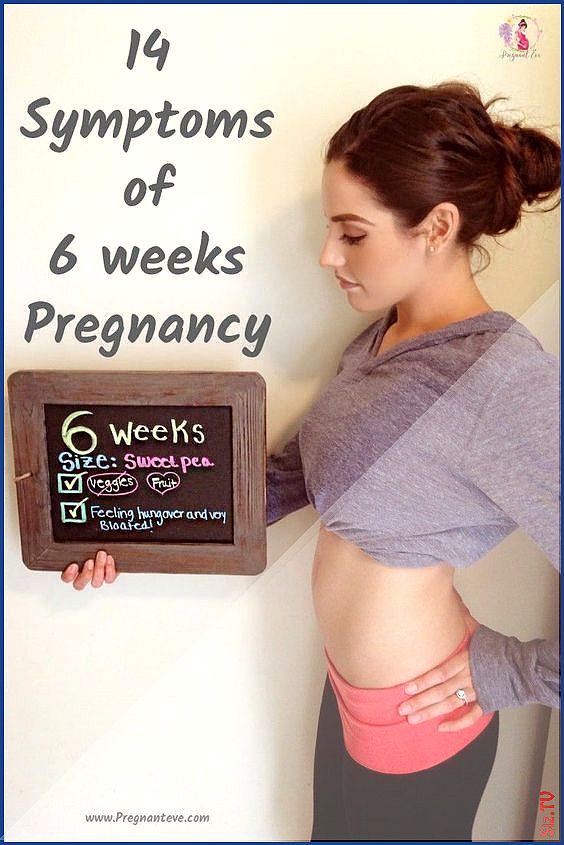 But now the baby begins to grimace more strongly.
But now the baby begins to grimace more strongly.
Important! During this period, the mother can actively communicate with her child - talk, sing songs, tell stories. Her voice soothes the little man.
Mom's well-being at 13 weeks
The second trimester is the best period of pregnancy. The birth is still far away, the hormones have finally fulfilled their function and calmed down, the toxicosis has receded. The growing uterus is already changing the contours of the waist, but so far the woman herself sees this to a greater extent, unless, of course, she has a multiple pregnancy.
Since the uterus rises into the abdominal cavity, the pressure on the intestines increases, which means that constipation, flatulence, shortness of breath, and heartburn are more common. A woman's weight increases, so a feeling of heaviness and fatigue may appear, especially at the end of the day. The back may ache a little and pull the lower abdomen, but this is due to the growing uterus.
